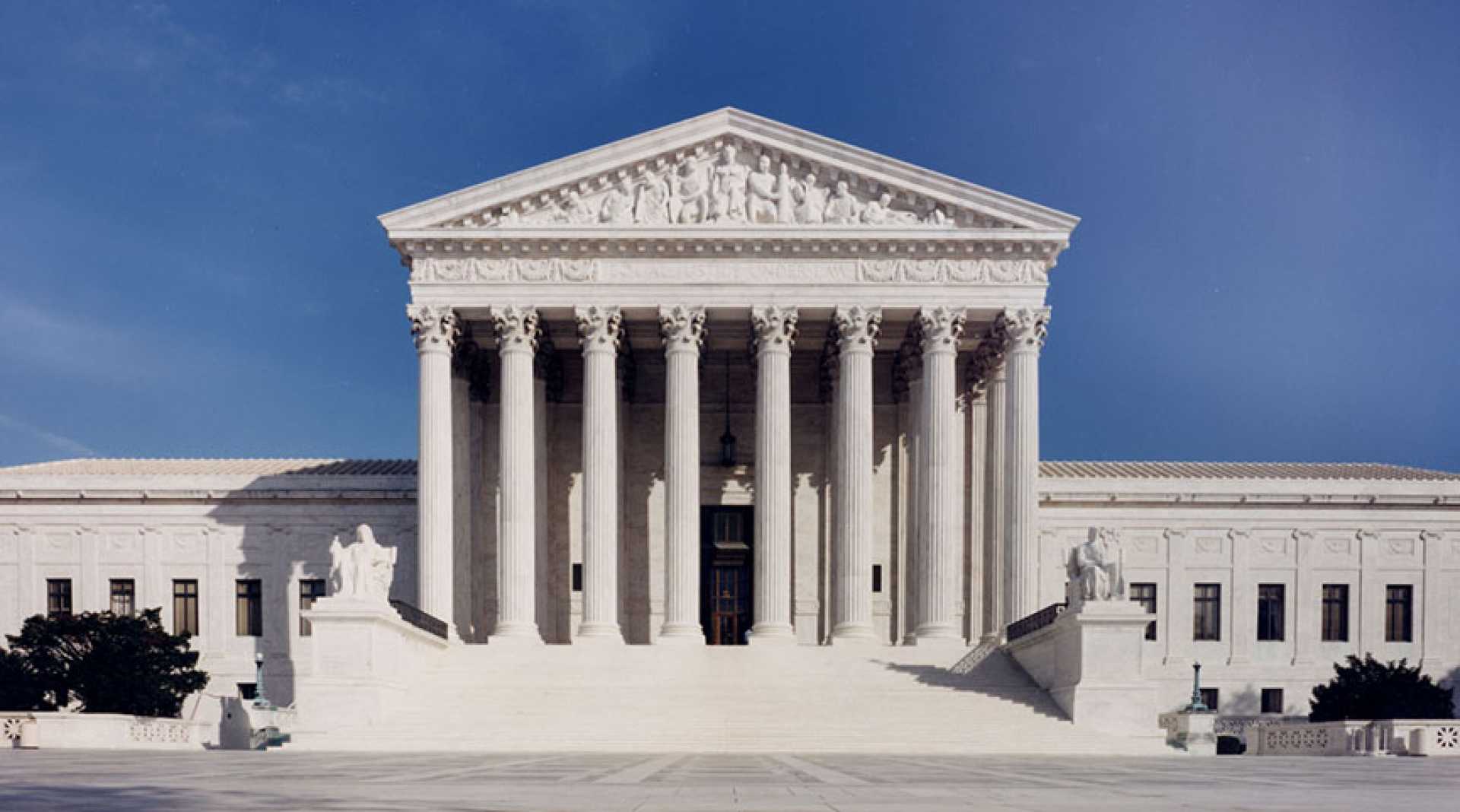Politics
Supreme Court Takes on Sixth Amendment and Retroactive Punishment Cases

WASHINGTON, D.C. — The U.S. Supreme Court announced Monday that it has added two new cases to its docket for the 2025-26 term, focusing on the Sixth Amendment right to counsel and issues surrounding retroactive punishment. This came after the justices convened for a private conference on Friday, April 4.
Among the cases being brought before the court is a pivotal question regarding whether a court-ordered restitution is considered ‘punishment’ under the Constitution’s ex post facto clause, which prohibits retroactive increases in penalties for crimes. This question arises from two separate cases, including that of a Georgia man, Tatian Ellingburg, who was sentenced to 27 years in prison and ordered to pay restitution for his involvement in a bank robbery.
Ellingburg had been required to make restitution payments for 20 years, ending in 2016. Despite his release and having paid approximately $2,000 by that time, the government continued to pursue restitution, invoking a 1996 law that extended liability until either 20 years post-judgment or upon the defendant’s release from prison, also mandating interest on the restitution owed.
After the 8th Circuit Court of Appeals rejected Ellingburg’s claim that the law violated the Constitution, his appeal to the Supreme Court prompted the justices to grant his request for review on Monday after deliberation over five conferences.
Additionally, the court will consider the case of Juan Villareal, who is appealing a ruling that limited his communication with his attorney during trial breaks. Convicted of stabbing his boyfriend Aaron Estrada, Villareal argues that prohibiting discussions about his testimony violates his rights under the Sixth Amendment.
Texas has recognized the conflict among lower courts regarding the legality of such restrictions, arguing that they are rarely imposed and thus do not warrant Supreme Court intervention. Nonetheless, the court has agreed to hear Villareal’s case.
Meanwhile, the justices opted not to address several high-profile petitions, including ongoing legal challenges to President Donald Trump‘s birthright citizenship initiative and the constitutional implications of New York’s concealed-carry licensing scheme.
The Supreme Court’s decision-making framework now appears set to navigate these complex constitutional waters following their next scheduled orders on April 21.












